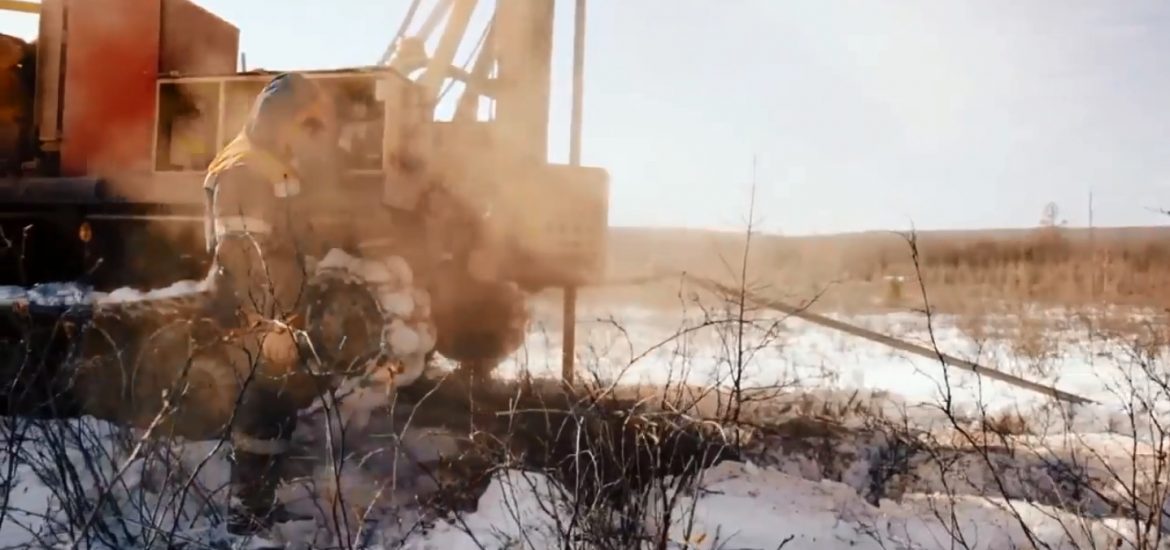
Russia’s gas-export giant Gazprom will still be able to finance the Nord Stream 2 pipeline if US sanctions are imposed on its western European partners, a project chief has argued.
“The project will definitely be financed. It is important for Gazprom and Russia currently has a high liquidity in euros,” Paul Corcoran, the Nord Stream 2 chief financial officer, was quoted saying by Welt am Sonntag.
He told the German paper that anti-Russian sanctions could even result in more financing options for Nord Stream 2 because they had helped increase the Kremlin’s foreign exchange reserves.
Germany said in late June that it had been assured by Washington that any sanctions imposed on Russia would not affect the building of the pipeline, even though the US said there had been no change in its policy.
The 1,200km, US$11.7 billion pipeline is due to be completed next year, following the route of the existing Nord Stream 1, doubling the annual capacity to 110 billion cubic metres.
The Nord Stream 2 consortium of five European firms and Gazprom started preparatory work in the Greifswald Bay off Germany’s Baltic coast on the twin pipeline in June.
The pipeline, running parallel to the existing pipe, is projected to fill a gap left by the phasing out of Germany’s nuclear power stations, and the projected fall in supply from Norway and the Netherlands, as their reserves are depleted.
Washington says it fears the Russian military will use the cover of the Baltic building work to plant subterranean listening devices to monitor Nato vessels near the Russian enclave of Kaliningrad.
The US State Department spokeswoman Heather Nauert said on June 29 that Russian pipelines “would exacerbate Europe’s dependence on Russian-sourced energy”.
Donald Trump was unhappy with Nord Stream 2, a senior White House aide said in April this year because Germany moved forward with the project without his permission while fully aware of the US goal of helping its Nato allies diversify their energy supplies as a matter of national security.
The US has begun shipping its LNG to Europe.
Countries like Poland, Ukraine and the Baltic states also fear it will increase European reliance on Russian gas and undermine Ukraine’s gas transit route, which contributes 2 per cent of Kiev’s GDP.
Gazprom is investing heavily in its pipelines. Picture credit: YouTube





